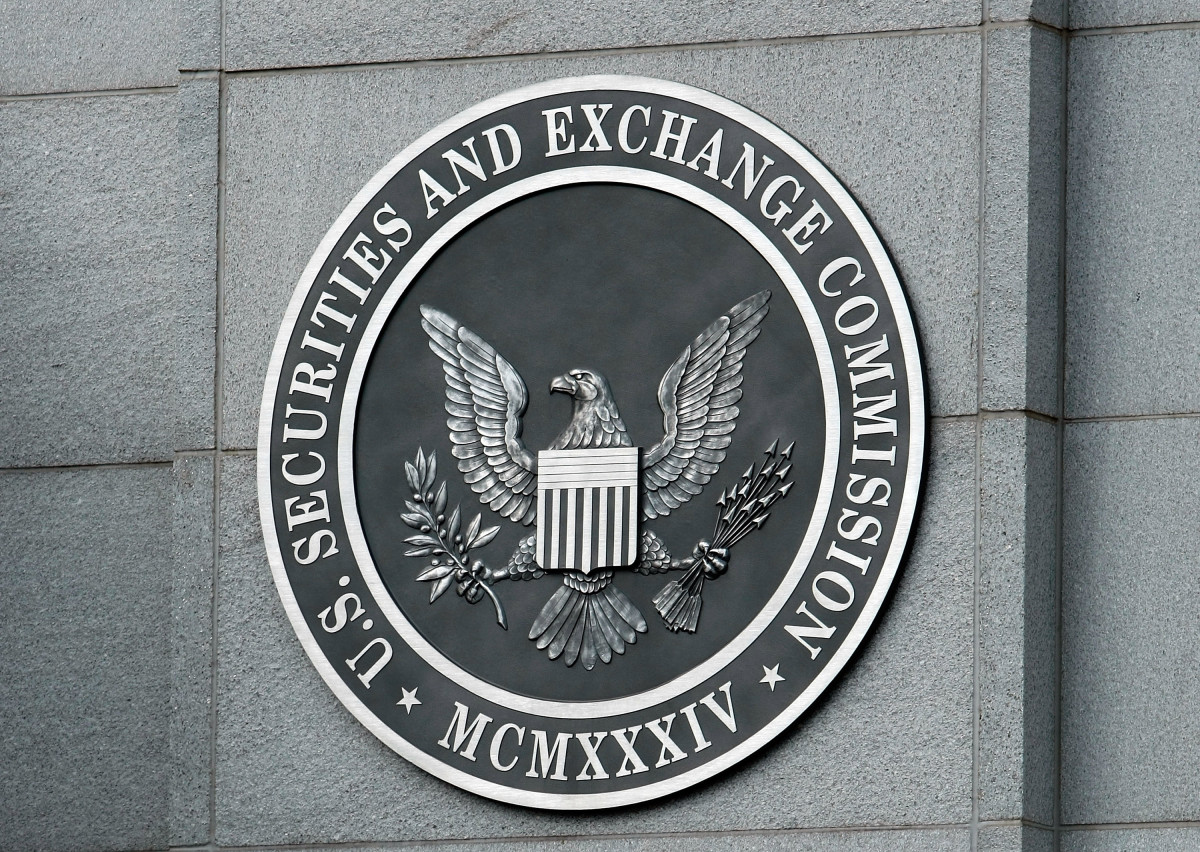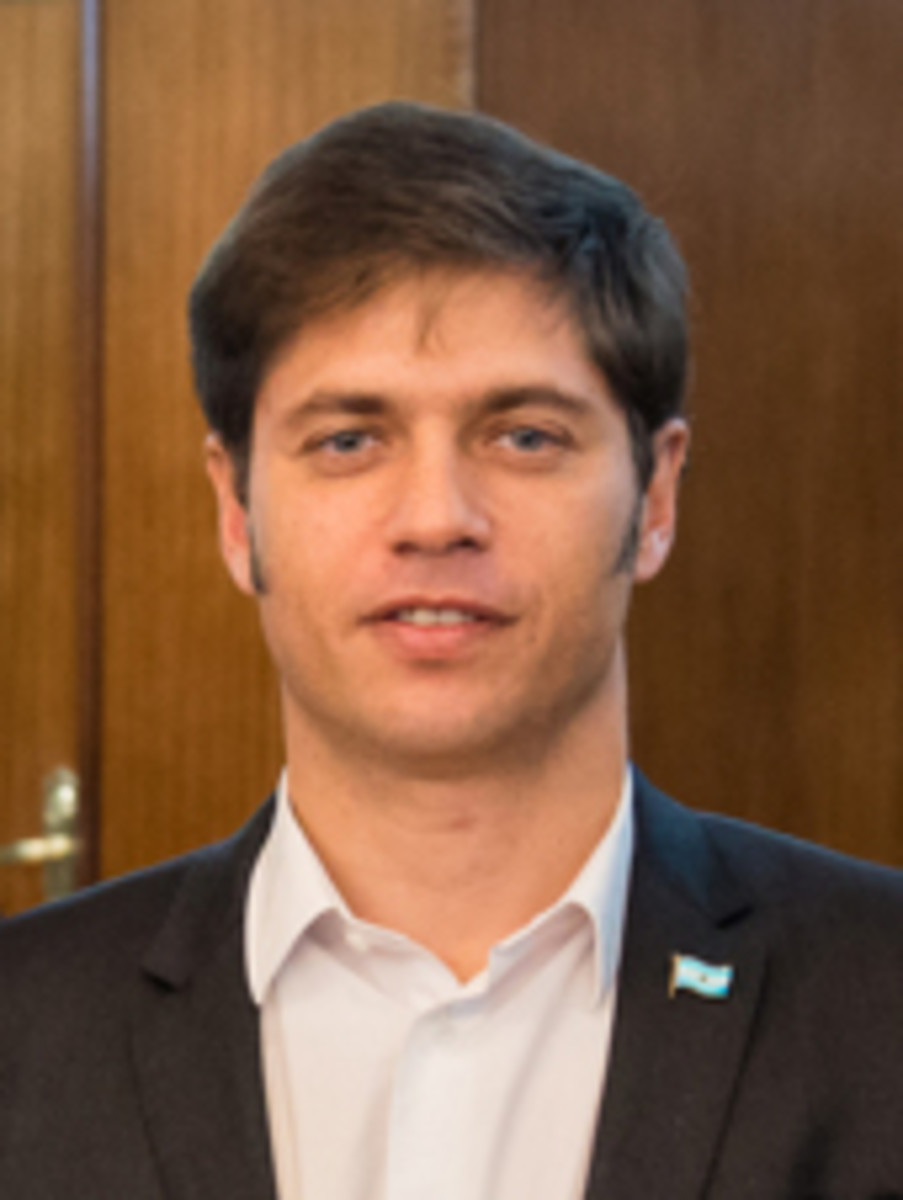2020 is finally here and with that means America is, officially, in a presidential election year. While it may seem as if the presidential campaign started at some point in the mid-1990s, with the Iowa Caucus being less than three weeks away, we are finally getting to the point where people will actually cast a vote . . . or whatever it is that happens in a caucus.
As I previously announced in this space, I am also running for something this year. While my campaign is not to become the most powerful person in the world who could wipe out human existence with a simple order to launch America’s entire stockpile of nuclear weapons, a seat on the National Association for Law Placement (NALP) Board of Directors is still important, at least in this little corner of the legal world. Thankfully, rather than having to travel through freezing temperatures in order to glad-hand octogenarian diner patrons, running for the NALP Board is a much more straightforward, and warmer, process requiring only that one fill out an application that consists of a resume, references, and an Expanded Statement of Interest. The resume and references I had at the ready — as I have previously mentioned, one should always have an updated version of these documents at the ready, regardless of your employment status — but the statement required answering a couple of questions about what I could bring to NALP and my thoughts on the future of the organization. In my initial column announcing my run, I promised to bring as much transparency to the election process, and the Board in general if seated, as possible. To that end, here are my answers — with some minor typos corrected and a bit more in the way of examples:
NALP’s mission, which is grounded in its core values of Expertise, Fairness, Collaboration, Inclusivity, Innovation and Service, is to advance the careers of our members so they, in turn, can better advance the careers of the lawyers and law students they serve. With that mission and these core values in mind, please describe the skills, strengths and leadership attributes that you bring to NALP and in what way(s) might these attributes benefit member services, education, research, public service, and diversity and inclusion. Your response may include examples of a significant success or challenge and how you achieved the result(s), your experience leading groups (both in voluntary and professional settings) or examples of projects, initiatives, innovations etc. that you have successfully managed or that demonstrate your leadership, commitment, and management style.
When I first meet with my cohort of recently arrived Vanderbilt 1Ls at the beginning of each academic year, one of the first slides in my GIF filled PowerPoint is a bullet-pointed version of my resume — somewhat ironic as I despise, and almost automatically strike, bullet points in the resumes of Vanderbilt students. I walk the assembled masses through my academic and professional life up to that point: college, graduate school, law school, Biglaw summer associate, federal clerkship, full-time return to Biglaw, the non-profit sector, contract attorney work, and now the academically adjacent position in Career Services. As I explain to students who are likely wondering what happened to the funny moving pictures, this recitation is not an attempt at braggadocio, but rather, to show that I have held a decent percentage of the types of jobs in the legal industry. Thus, my advice to them is worth listening to, if not following, not necessarily because I possess some uniquely magical insight on all employment questions that might arise, but rather, because I have been where they are now and done the things they want to do. It is that expertise that I can bring to the NALP Board of Directors, specifically when it comes to serving what I think is often an underserved, and yet vital, group in the legal recruiting ecosystem, law students. Indeed, it is strange there is not a single law student on the NALP Board — while it is true there also are not practicing attorneys on the Board either, a fair percentage of the members hold a J.D. While there are many law school members of the Board working to advance the interests of students, anyone who has spent any time in Career Services, and is being honest, will tell you that there are multiple masters that must be served in addition to law students, including legal employers and institutional interests. While I am obviously not a current law student (though I do often find myself thinking of those days fondly), I would come to the Board with a singular purpose of advocating on behalf of those currently in law school. This means helping to craft a legal recruiting regime that tilts in favor of students, rather than law firms and other legal employers.
In addition to that decade-plus of experience across various legal avenues, there are the last several years I have spent writing about all aspects of legal recruiting, and, at times, the legal world more generally, for Above the Law. Because one can quickly exhaust the straightforward topics of Career Services (e.g., resumes, cover letters, OCI) relatively quickly, to keep up with a weekly-ish publishing schedule has forced me to think long and hard about various predicaments facing the legal recruiting world in the present day while also those on the horizon that have yet to arrive. For example, when the NALP Recruiting Guidelines that had guided the industry for several decades were suddenly, and with no forewarning, abandoned right before Christmas in 2018, I was able to think about what that meant for legal recruiting, both in the short (bad) and long (probably worse) term and then have an outlet in which to share those opinions. Knowing that my takes would be published in a far more sophisticated way than, say, a Twitter thread, forced me to truly think through my opinions. I hope this thoughtfulness and focus on emerging, big picture questions has continued with the litany of subjects I have covered online and is the same depth of thinking I hope to bring to the NALP Board.
NALP is committed to remaining an organization of value to its members’ needs. How do you see the NALP membership changing in the next 5‐7 years? In what ways can NALP improve and innovate that will keep the organization relevant to its members? How can NALP better communicate the value of membership to its member organizations?
NALP is confronting a crisis that I am not sure is keenly understood by those who need to understand it most. I have repeatedly overheard, or even directly heard, members from both law schools and law firms question aloud what the purpose is of NALP in 2020. When the primary professional organization in an industry is having its existence questioned, then that strikes me like a flashing neon sign indicating that a significant event or change must take place. In my mind, this crisis of confidence is not going to be solved by more members’ only conference calls or publications that cost an arm and a leg to purchase — I should say that I think the quality of many of the materials, both those that are free and those for which members must pay, is quite high, but pursuing the NALP Bookstore can often lead to sticker shock. Instead, to be relevant in 2020 and the future, NALP needs to be front and center in legal recruiting. While I might sound like a broken record — does anyone outside of Social Security recipients or hipsters who are into vinyl understand that reference? — the most straightforward way for NALP to gain centrality once again is by revisiting the Recruiting Guidelines.
However, the changes cannot stop there. Over the next half-decade or more, I am betting NALP will see a surge in attorney membership. Not from attorneys who are actively practicing law, but the recent trend of law school CSOs and law firm recruiting staffs being increasingly populated by J.D. holders will only accelerate. This prediction rests on a few premises that seem to be on solid footing: the supply of law school graduates will continue to outstrip the number of attorney jobs in the U.S., law students and practicing attorneys at law firms respond well to interacting with fellow attorneys, and the ongoing push for increased credentialing in every facet of American professional life is not going to abate. Whether or not I think these trends are all positive, and I have some doubts, I am far more certain they will actually happen. So how will this impact NALP? My guess is that there will be a growing demand for data analytics. While lawyers are not necessarily statisticians, there will likely be a desire for more concrete metrics by which to understand both macro and micro legal hiring trends. I think that NALP Executive Director Jim Leipold currently does a great job with presenting this sort of information, but the demand for more in-depth and thorough metrics will only increase. For example, NALP data shows that just over half of all 2L OCI callbacks lead to offers. What if we break this down by region? How about if we track offer rates not just from callbacks but from initial interviews? With 1L recruiting exploding in certain regions, and in those areas starting to replace 2L recruiting, what do those offer rates look like and how does it differ from the Fall 2L cycle? It is through these sorts of changes that NALP can prove its membership dues are worth the investment, especially in a time of ever-increasing budget cuts at public institutions of higher education, including law schools. If NALP cannot prove its worth to its membership, then I fear it might quickly morph into the American Bar Association. Outside of deeming judicial nominees unqualified and seeing them get confirmed regardless when was the last time you read something about the ABA? How many attorneys do you know who actually pay their ABA dues?
I am excited about the prospect of guiding the direction NALP during a turbulent time because I think the organization has great promise and can serve a very important need in this small sliver of the legal landscape.
Nicholas Alexiou is the Director of LL.M. and Alumni Advising as well as the Associate Director of Career Services at Vanderbilt University Law School. He will, hopefully, respond to your emails at abovethelawcso@gmail.com.



















